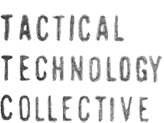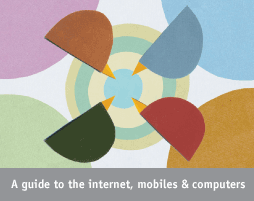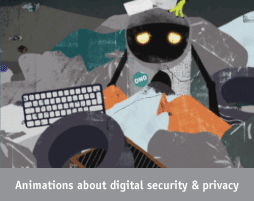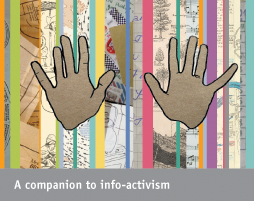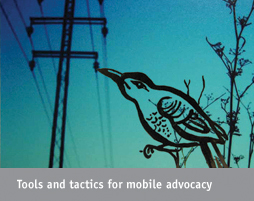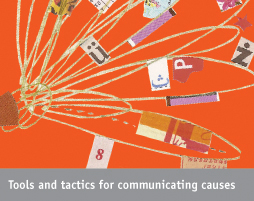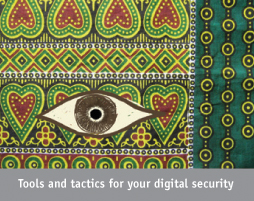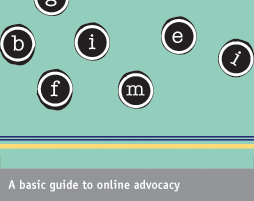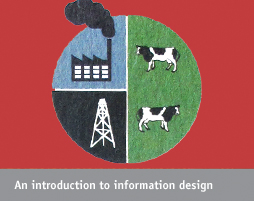Tactical Tech @ 'Tuning in to Diversity'
 The 2011 'Tuning in to Diversity' event, held last week at the Haag, is one of a series of meetings and workshops facilitated by Mira Media and partners that are designed to support more diversity and ethnic media pluralism in the European Union (EU). This year's event included more than 100 participants from across the EU and it was focused on social media: how can it be used to support media diversity and plurality; and what trends, opportunities and risks are emerging from its uses among intercultural organisations?
The 2011 'Tuning in to Diversity' event, held last week at the Haag, is one of a series of meetings and workshops facilitated by Mira Media and partners that are designed to support more diversity and ethnic media pluralism in the European Union (EU). This year's event included more than 100 participants from across the EU and it was focused on social media: how can it be used to support media diversity and plurality; and what trends, opportunities and risks are emerging from its uses among intercultural organisations?
The event began with a thought-provoking panel. Bart Drenth from the Netherland's Council for Social Development (RMO) explained that they were close to publishing a report, 'The new rules of the game' that critically examines the role of new media in supporting and facilitating public debate. He explained that the report finds that although the internet continues to be rapidly evolving, both socially and technologically, this period of mass commercialisation of the internet requires far more public debate and analysis. For example, the report looks at the way hidden algorithms and physical infrastructures often provide an illusion of freedom, openness and neutrality when in fact they trap people within limited and tightly controlled environments that sometimes hinder the opportunity for true democratic dialogue. When it is published, the report will mark the start of a year-long debate on this subject in the Netherlands, facilitated by RMO, that will culminate with a second publication on this topic.
Hans Laroes, editor-in-chief of NOS-News, which supplies broadcasts to public radio and television stations in the Netherlands, talked about how social media offers journalists the chance to talk directly with people affected by an issue, bypassing intermediaries, including NGOs. He challenged the audience to think about their new role, given that national publications can now very easily use Twitter and Facebook to access interviews from people impacted by an issue on-the-ground. He explained that social media helped his news organisation to be far more responsive and timely, because they now have people informing them of rapidly developing situations before they are covered in the media.
Abdel Rahman El Shershaby, of Marokko Media, who describes himself as Egyptian-Dutch, talked about the role he played in informing media organisations in the Netherlands of what was happening during the January 25th Egyptian uprising, particularly when an internet and mobile phone blackout was imposed by the regime who cut connectivity on January 28th. He concluded by saying that what we can learn from the experience in Egypt is that social media is “a tool to do the impossible, to make things happen.”
In a later session Frank Sherry from America's Voice impressed the audience when he talked about how his organisation had completely changed the way they operate in order to fully harness the power of social media. Once, he explained, they exclusively focused on lobbying politicians and writing press releases; now he says they see influential bloggers as worthy of the same attention while they produce their own media for popular publications like Huffington Post and use humour as a tactic to parody racist profiling and policies and to support viral media like this on their own YouTube Channel.
Tactical Tech distributed copies of 10 Tactics to participants and we presented on the use of digital technology for evidence-based advocacy as part of panel on new advocacy strategies for minority groups and organisations.
Overall this event was successful in stimulating and encouraging debate around what ethnic minrority rights groups in the EU can do to take advantage of social media tools in moving forward an agenda for diversity and equality.
